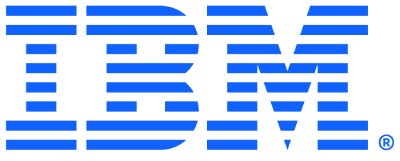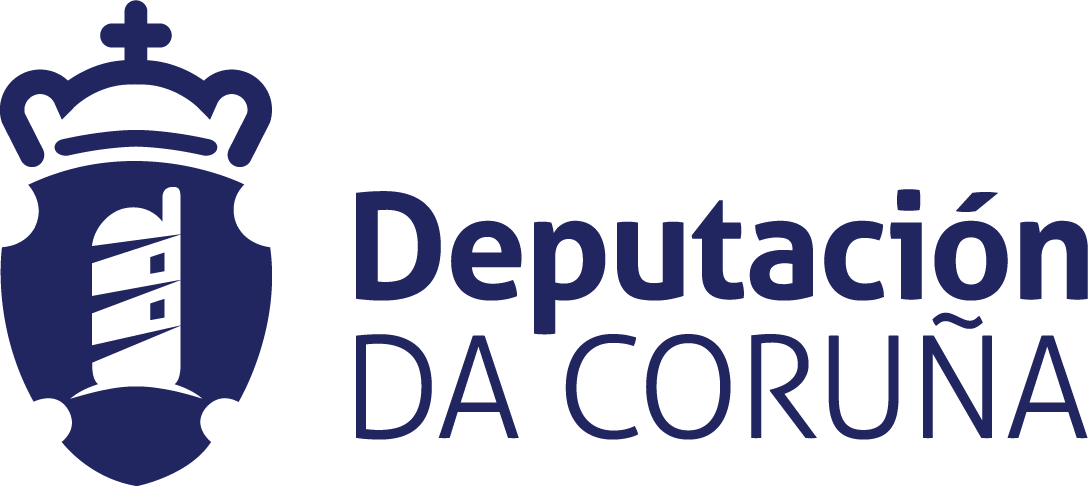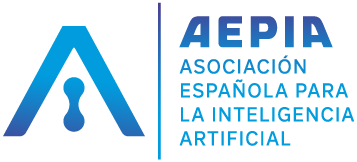Tutorials
| ID | Tutorial name | Length | Day | Website |
|---|---|---|---|---|
| T01 | Referring Expressions in Artificial Intelligence and Knowledge Representation Systems David Toman | 1/2 | Sunday afternoon | Go to website |
| T02 | Understanding Language Modeling Paradigm Adaptations in Recommender Systems: Lessons Learned and Open Challenges Lemei Zhang, Peng Liu, Yashar Deldjoo, Yong Zheng and Jon Atle Gulla | 1/2 | Saturday morning | Go to website |
| T03 | How do you Construct a Knowledge Graph? David Chaves-Fraga, Anastasia Dimou and Ana Iglesias-Molina | 1/2 | Saturday afternoon | Go to website |
| T04 | Causal Fairness Analysis Drago Plecko and Elias Bareinboim | 1/2 | Sunday afternoon | Go to website |
| T05 | Beyond Trial & Error: A Tutorial on Automated Reinforcement Learning Theresa Eimer and André Biedenkapp | 1/2 | Saturday morning | Go to website |
| T06 | The Epistemology of Machine Learning: Induction, Causality, Explanation Marcello Pelillo and Martina Mattioli | 1/2 | Sunday morning | Go to website |
| T07 | The Symbiosis of Neural Networks and Differential Equations: From Physics-Informed Neural Networks to Neural ODEs Cecília Coelho and Luís Ferrás | 1/2 | Saturday morning | Go to website |
| T08 | Fairness in repeated uses of AI systems Jakub Marecek, Wynita Griggs and Robert Shorten | 1/2 | Sunday afternoon | Go to website |
| T09 | A multi-view panorama of Data-Centric AI: Techniques, Tools, and Applications Miriam Santos, Pedro Henriques Abreu and Alberto Fernández | 1/2 | Sunday afternoon | Go to website |
| T10 | Play and Persuade: An Interactive Exploration of Argumentation Elfia Bezou Vrakatseli and Madeleine Waller | 1/2 | Saturday morning | Go to website |
| T11 | A journey in the land of explainable AI (beautiful landscapes, horrendous pits and everywhere in between) Julien Girard-Satabin | 1/2 | Saturday afternoon | Go to website |
| T12 | Tutorial on Improving Deep Learning by Exploiting Synthetic Images Manuel Castillo-Cara, Jiayu Liu and Raúl García-Castro | 1/2 | Saturday afternoon | Go to website |
| T13 | Boosting ontology conceptualization with Chowlk María Poveda-Villalón, Raúl García-Castro and Sergio Carulli-Pérez | 1/2 | Sunday morning | Go to website |
| T14 | Automated Task Planning: towards Multi-Agent, Flexible, Temporal, Epistemic and Contingent models Frédéric Maris, Thierry Vidal, Bruno Zanuttini and Tiago de Lima | 1/2 | Sunday morning | Go to website |
| T15 | Agent AI for Finance: From Financial Argument Mining to Agent-Based Modeling Chung-Chi Chen and Hiroya Takamura | 1/2 | Sunday afternoon | Go to website |
| T16 | Automated Verification of Multi-Agent Systems: From Theory to Practice, Made Easy Wojtek Jamroga, Damian Kurpiewski and Wojciech Penczek | 1/2 | Sunday afternoon | Go to website |
| T17 | Belief Change: Introduction and Overview Eduardo Fermé | 1/2 | Saturday morning | Go to website |
| T18 | Explainable Constraint Solving: A Hands-on tutorial Ignace Bleukx, Dimosthenis C. Tsouros and Tias Guns | 1/2 | Saturday afternoon | Go to website |
| T19 | Talking to journalists about AI Laurence Dierickx and Marija Slavkovik | 1/4 | Sunday morning | Go to website |
| T20 | Quantum Annealing for Constraint Satisfaction and Constrained Optimization Philippe Codognet | 1/4 | Sunday morning | Go to website |
| T21 | Formal Methods in Answer Set Programming Vladimir Lifschitz | 1/4 | Sunday morning | Go to website |
| T22 | Quantum Artificial Intelligence: Genesis, State of the Art and Perspectives Giovanni Acampora and Autilia Vitiello | 1/4 | Saturday afternoon | Go to website |
| T23 | Multi-Objective Multi-Agent Learning: Evolutionary and Reinforcement Learning Perspectives Gaurav Dixit, Roxana Radulescu and Patrick Mannion | 1/4 | Saturday morning | Go to website |























